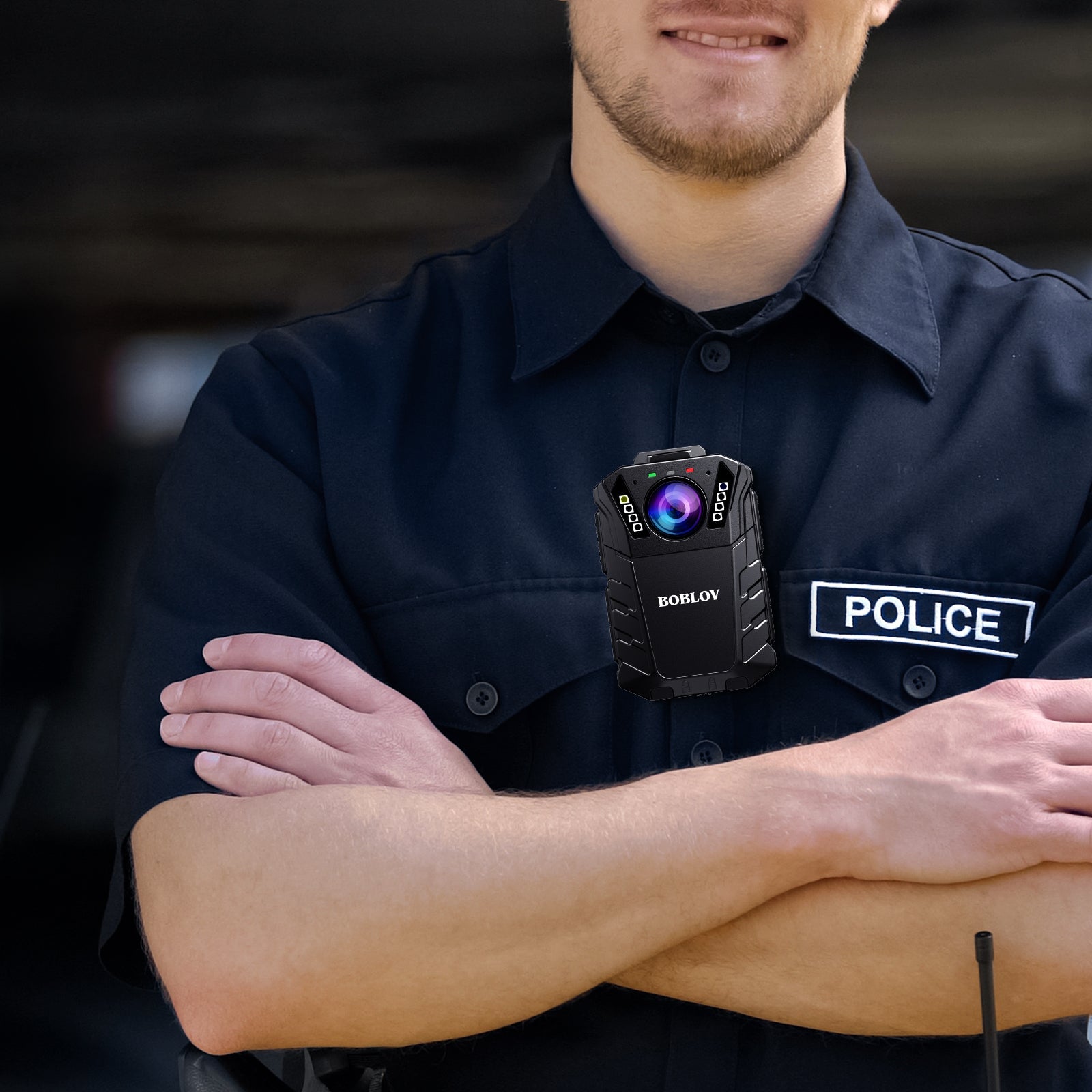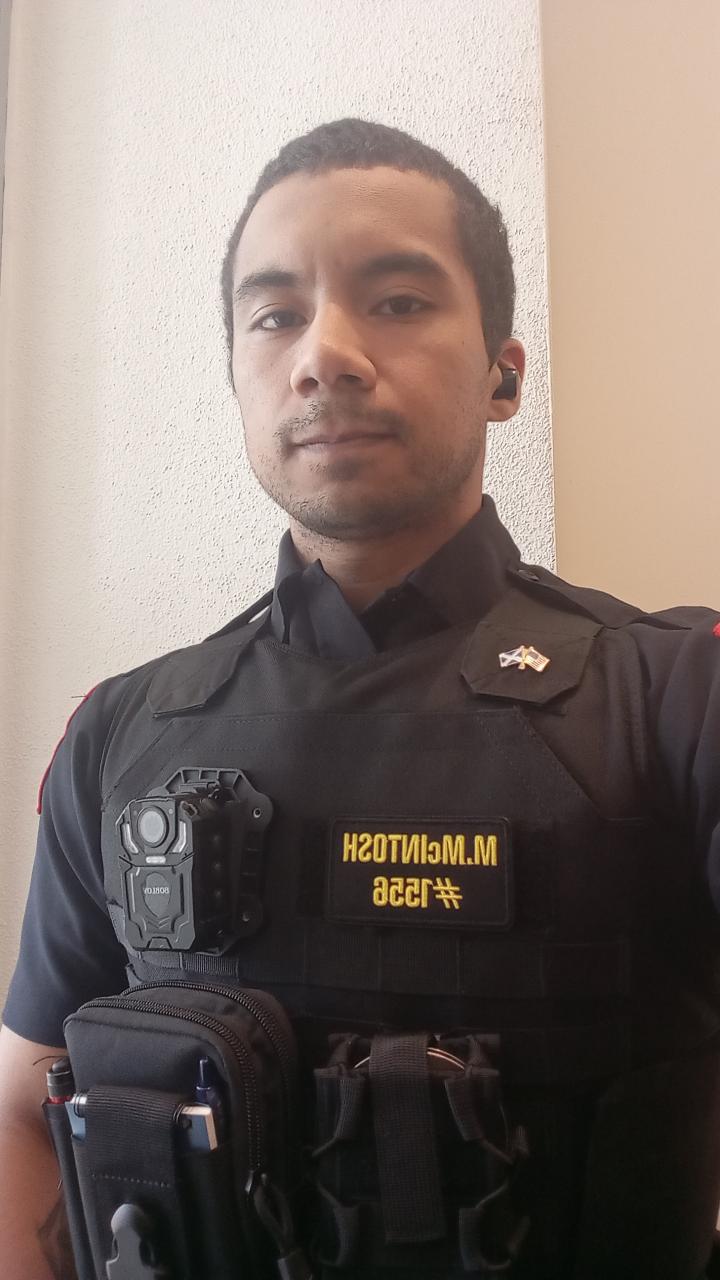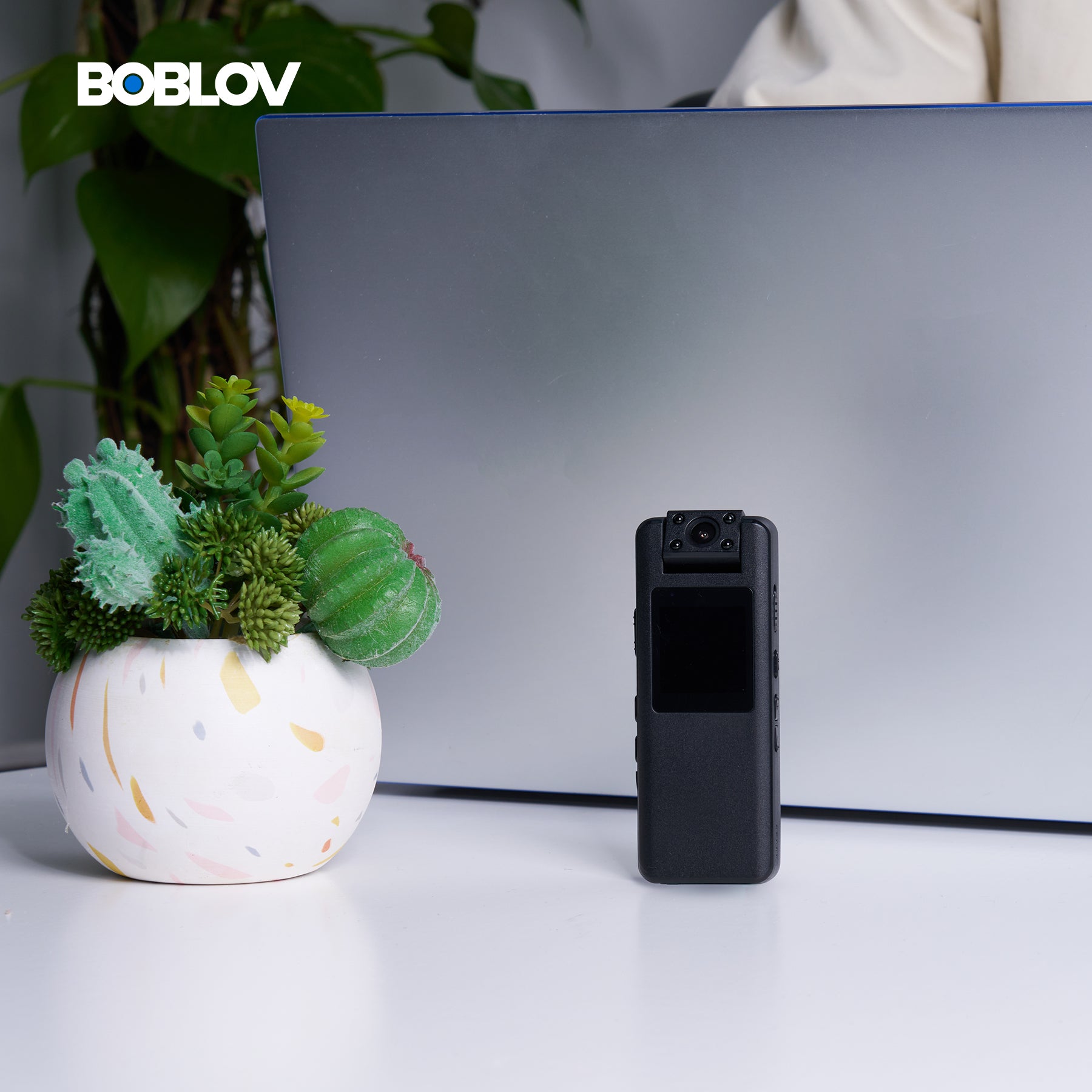The Importance of Body Cameras for Law Enforcement
Understanding the Role of Body Cams in Modern Policing
Body cameras, or body cams, have changed how police work is done. They offer clear records of events. This helps in court and builds public trust. Modern cops face many challenges. These devices aid them. They catch details that may get missed. This can mean a lot when truth is sought. Cams can deter bad acts by police or the public. They also aid training by showing real situations. In sum, body cams are key tools for cops today.
The Evidence Gap: How Body Cams Enhance Investigations
Body cameras play a key role in today's policing. They provide clear evidence during events. This evidence fills gaps left by witness statements and other footage. With body cams, officers can present solid facts in court cases. This leads to more transparent and fair outcomes. Boblov and other brands offer such cams. Many cops body cams are for sale that fit different budgets. They enhance police accountability and community trust. So the use of body cams is growing in departments across the US.
Officers' Perspectives: The Impact of Body Cams on Safety
Body cams have changed how cops think about their safety. These devices offer a new level of protection. The cams record every move during an officer's shift. This can be crucial when facing false claims or hostility. Cops say the cams make them feel safer on duty. They act as silent witnesses that can clear doubts in heated moments. Body cams have boosted cops' confidence in the field. Many believe this tech is vital for their safety and public trust. Simply put, body cams help protect both officers and citizens every day.
Choosing the Right Body Cam for Your Department
Key Features to Look for in a Cops Body Cam
When looking to equip your law enforcement team with body cams, certain features are essential. Here are the top ones to consider:
- Video Quality: Cameras need clear footage, even in low light.
- Battery Life: A long-lasting battery ensures the camera won't die during a shift.
- Durability: Look for rugged designs that withstand rough use.
- Storage Capacity: Adequate storage is crucial for recording hours of footage.
- Ease of Use: Cameras should be simple to operate, even in stressful situations.
- Mounting Options: Versatile mounts help officers wear cams comfortably.
- Field of View: A wide angle captures more of the scene.
- Audio Quality: Clear audio is as important as video quality.
Choosing a body cam with these key features will enhance officers' ability to capture valuable evidence and maintain transparency while performing their duties.
Evaluating the Cost vs. Quality of Various Body Cams
Finding a balance between cost and quality is vital in selecting body cams. Look for cams with good video clarity, durability, and battery life. Seek cams with easy data access, but also strong data security. The goal is to get value for money while ensuring the cams meet law enforcement needs. Consider Boblov and other trusted brands. Compare features and prices of various models. Check for user reviews and field test results. Aim for cams that offer long-term reliability without breaking the budget.
The Best Cops Body Cams in the Market: A Compilation
- Boblov Body Camera: Known for long battery life and sturdy build. Rated highly by users.
- Wolfcom Vision: Offers night vision and live streaming features. Loved for its compact design.
- Axon Body 3: From a trusted brand, it provides excellent video quality. Its GPS tagging is a plus.
- Garmin Virb Elite: Not just for cops, but its robustness makes it suitable for law enforcement. Good for data metrics.
- Panasonic Arbitrator: A tough camera that can handle rough use. It has a wide-angle view.
- WatchGuard V300: A model that gets praise for its full-shift battery. It has cloud storage options too.
- Digital Ally FirstVu HD: Light and easy to wear. It delivers clear images and has secure evidence management.
These options range in features and price. They cater to varied department needs. Consider your own needs when choosing.
Implementing Body Cams: Best Practices and Legal Considerations
Developing a Policy: What and When to Record
As law enforcement adopts body cams, clear policies are a must. These rules decide when to record. They help balance privacy with transparency. A good policy also reflects public expectations. It should include details like when to notify citizens of recording. Policies should comply with local laws too. Training on these policies is crucial. It helps cops use body cams right. The goal is to create trust and gather evidence fairly. So, drafting a solid policy is a first step in using body cams well.
Training Officers: Maximizing the Effectiveness of Body Cams
Training officers is key to using body cams well. It's not just about putting the camera on. Cops need to know the do's and don'ts. They should practice turning the cam on and off. Plus, they must learn when to tell people they're being filmed. It's a balance of using tech and respecting rights. Proper training can prevent problems later on. Departments should set clear rules for body cam use. These rules will guide the training. Cops trained well will be ready for anything. Their cams will then be truly helpful tools.
Legal Implications and Privacy Concerns in the United States
The use of body cameras by law enforcement has legal and privacy issues. U.S. courts often ponder if officers' recordings invade privacy. Laws differ by state. It's key to balance security needs with citizens' rights. Departments should know these laws to avoid legal trouble. This will help protect both police and the community.




